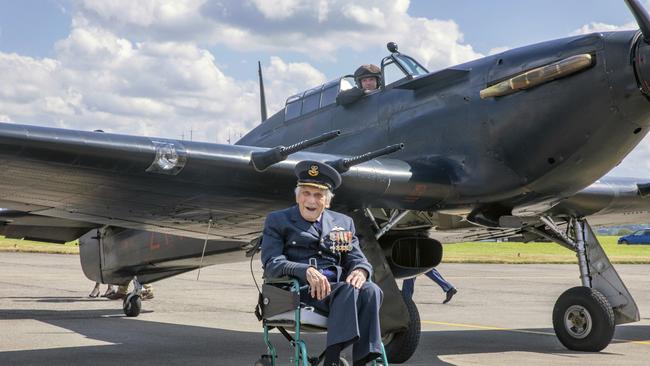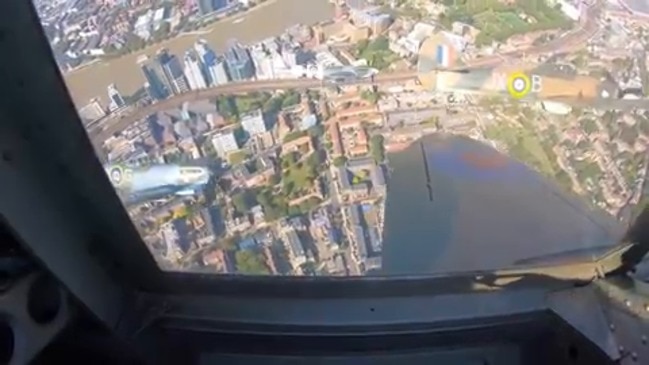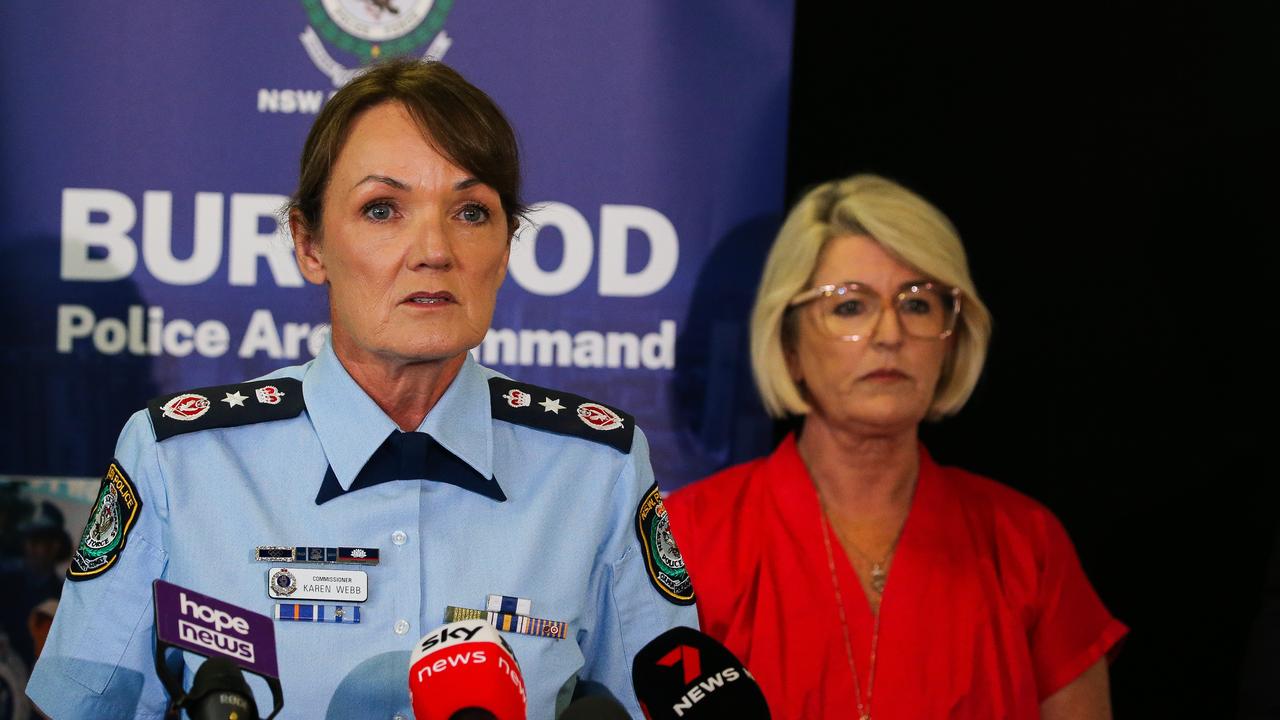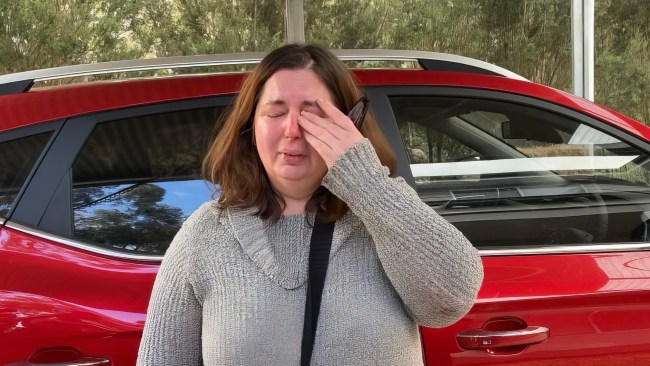Ireland may have been neutral, but this Dublin born flier helped beat the Nazis
Battle of Britain dogfights were simple affairs, said World War II pilot John Hemingway: ‘There were two of you. One of you was going to be dead at the end.’

John Allman Hemingway
World War II hero, RAF flyer. Born Dublin, July 17, 1919; died Dublin, March 17, aged 105.
The Few are no more. The last of them has flown past. It is 85 years since British prime minister Winston Churchill uttered the words that encapsulated their bravery and 60 years since his own lion heart was stilled.
Churchill rose in the House of Commons on Tuesday, August 20, 1940, to update the members on the war effort (coincidentally just as Ramon Mercador was sharpening his pick axe for a meeting in Mexico City with Leon Trotsky – the man who sent Mercador there, Joseph Stalin, would be praised in that same house by Churchill as “a man of massive outstanding personality”, but we all make mistakes).
Churchill’s speech was long – unlike the short stoush it was describing – and was delivered on day 41 of the Battle of Britain that had 113 days to run. He was confident of and thankful for the 2945 flyers from 13 countries that were helping save Britain. He famously said of those airmen who “undaunted by odds, unwearied in their constant challenge and mortal danger, are turning the tide of the world war by their prowess and by their devotion. Never in the field of human conflict was so much owed by so many to so few.”
Thus they became forever The Few – including 35 Australians, of whom 13 were killed, with one taken prisoner. Many a noble Irishman volunteered for service with the British forces during World War II, but Ireland remained neutral throughout the conflict. (Its wartime leader, Eamon de Valera, controversially sent condolences to the German people on the suicide of Adolf Hitler.)
John Hemingway had joined the RAF in 1938 and trained as a pilot. When the war started he was up in a single-seat Hurricane fighter plane and, although the Spitfire would dominate the mythology of the Battle of Britain, it was the Hurricane, with its powerful Rolls-Royce engine, that claimed more than half the kills against the Luftwaffe. Hemingway was shot down four times during the war and insisted it was the luck of the Irish that saved him.
Certainly something did: shot out of the sky over the English Channel on August 18, 1940, he bailed from the stricken craft and parachuted into the sea thinking he might drown and no one would know, but a lifeboat crew had seen the episode and picked him up.
Eight days later he was shot down over Kent and parachuted into marshlands. The Hurricane he was piloting was discovered and recovered just six years ago in the boggy peat, Hemingway’s gun control still set on “fire”.
He was philosophical about the prospect of death by which the men were surrounded. Every day he would go off – or up – to work knowing that for some colleagues in planes on their airfield this was their last day.
“When you took off you knew some of you would come back – and some of you wouldn’t,” he told the BBC 18 months ago. He described the brief aerial dogfights in a similarly simple manner: “There were two of you. One of you was going to be dead at the end. You thought: ‘Make sure that person was not you.’ ”

Hemingway flew with the brilliant squadron leader Peter Townsend who, after the war, served as an equerry to King George VI. He had a romance with Princess Margaret, sister of Queen Elizabeth, and they announced they would marry. (Townsend was divorced and the queen, as supreme leader of the Church of England, ruled it out. Ironically, her son Charles, now King, is a remarried divorcee.)
“(Townsend) was a very nice person and a very good leader (and) he always went in first,” Hemingway recalled in 2023.
Later in the war Hemingway flew Havoc bombers in night raids and in one on May 13, 1941, all his instruments failed, rendering the aircraft unflyable.
He had to bail with his chute, but it was a complex manoeuvre because of the deadly danger of striking the prominent tailfin. He jumped and his right hand smashed into it, breaking some fingers. He struggled to open that chute with his other hand. It had only partly released when he descended into a tree, which broke his fall. For his bravery and skill he was awarded a Distinguished Flying Cross.
He stayed in the service, rising to group captain in 1969, and retiring shortly after.
On news of his death, in a rare tribute the Coldstream Guards band played the Battle of Britain March at the changing of the guard outside Buckingham Palace.







To join the conversation, please log in. Don't have an account? Register
Join the conversation, you are commenting as Logout